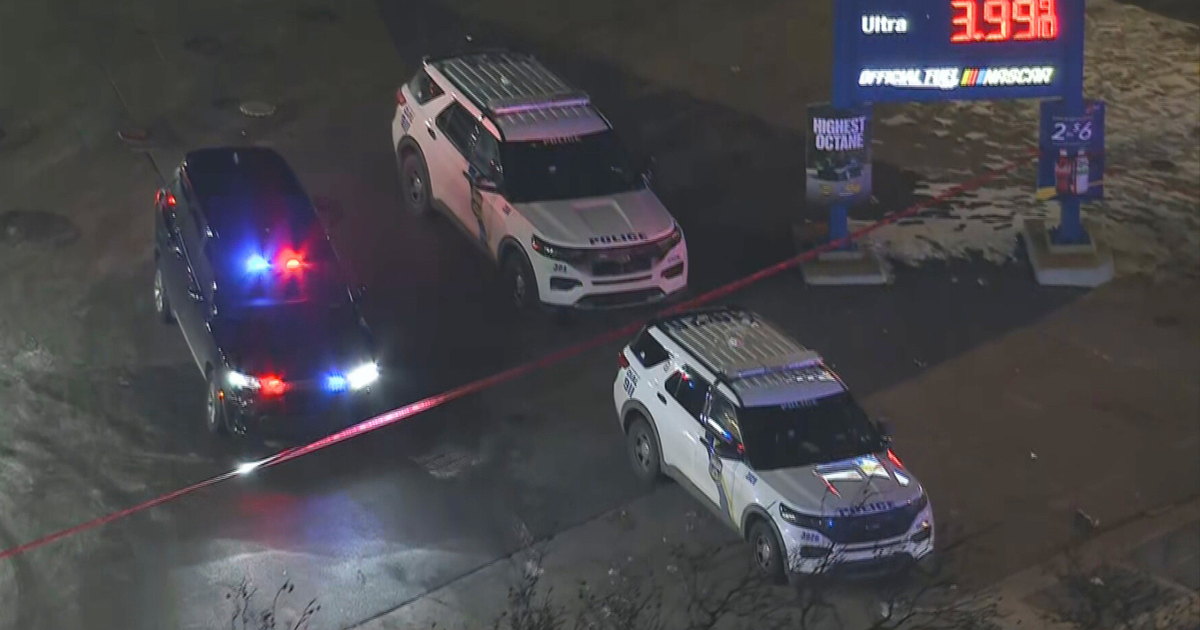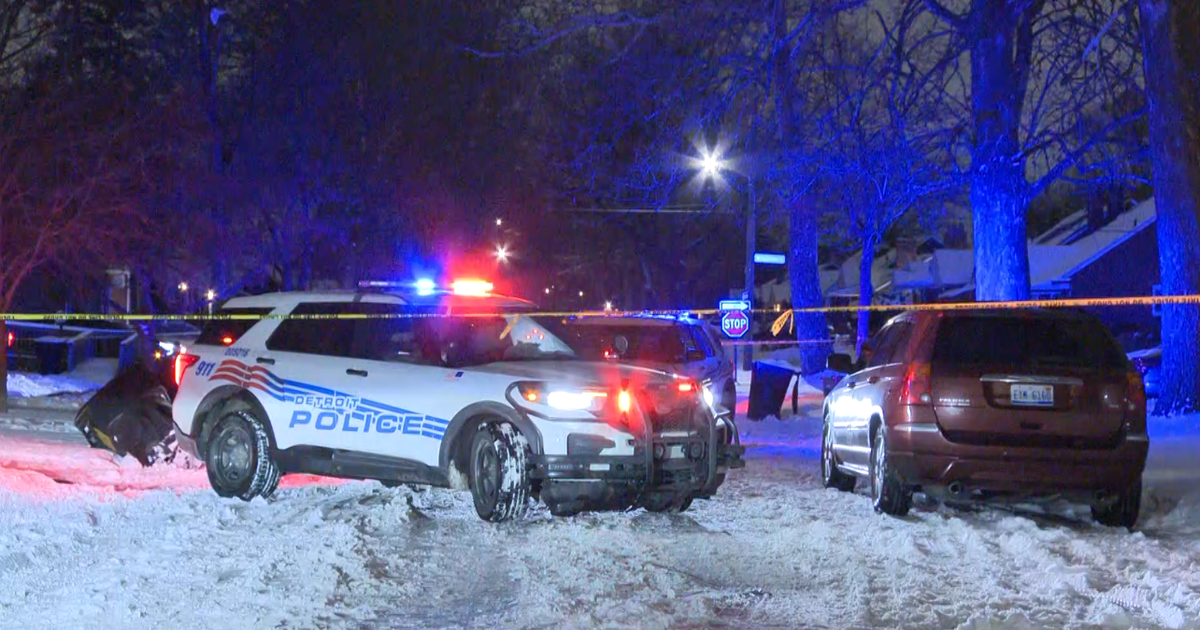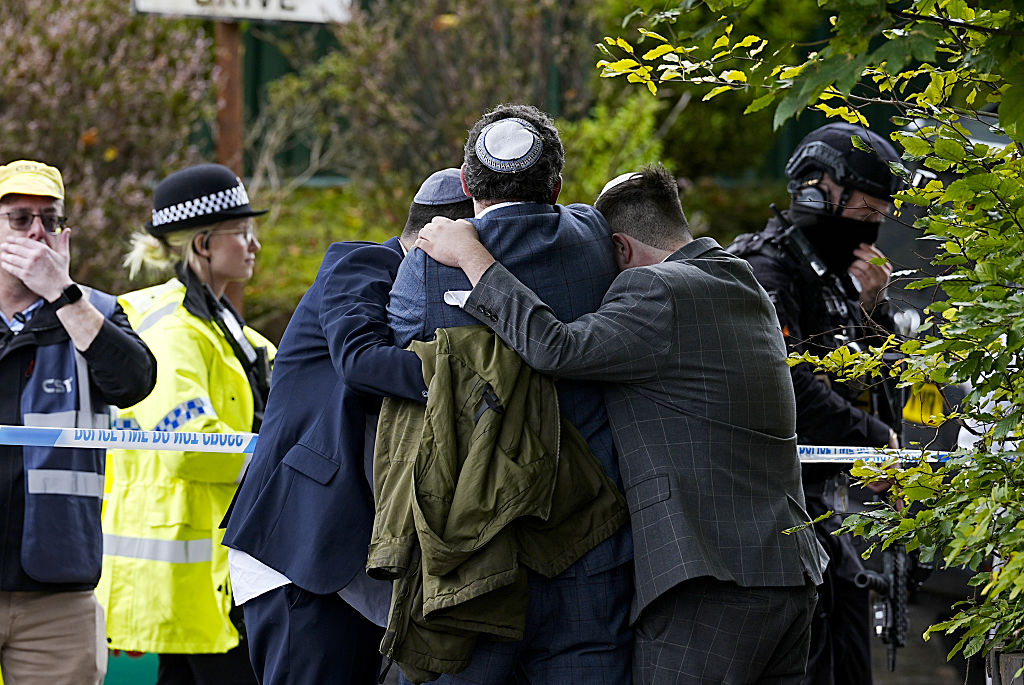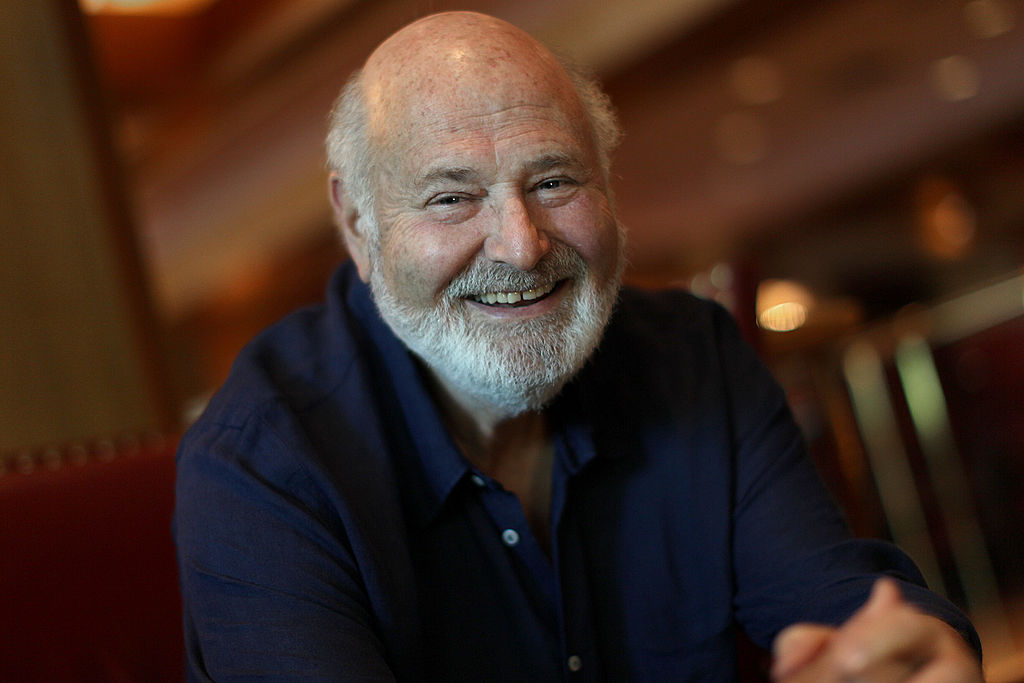U.S. sees steady rise in violence by white supremacists
Washington — A deadly shooting on two houses of worship in New Zealand left at least 49 people dead. The alleged gunman targeted Muslims.
The U.S. has seen a rise in violence by white supremacists, including the murders of 11 people at a Pittsburgh Synagogue last fall. There was also a deadly clash at a white nationalist rally in Charlottesville, Virginia in 2017, the murders of nine people at a church in Charleston in 2015 and the deaths of six at a Sikh temple in Wisconsin in 2012.
In New York on Friday, heavily armed police officers stood watch outside a mosque. Security was stepped up across the country even though U.S. law enforcement officials are not aware of any imminent threat.
What investigators have seen is a steady rise in right-wing extremism.
"We're seeing an increase in the propaganda. Again, when we look at their propaganda, they are borrowing propaganda techniques from other terrorist groups," said John Miller, New York's deputy head of counterterrorism.
ISIS inspired its followers online and now white supremacists are doing the same. Far-right attacks in Europe jumped 43 percent between 2016 and 2017. In the U.S., right-wing extremists were linked to at least 50 murders last year, a 35 percent increase over 2017.
"I would say the majority of it is propagated online. In fact this morning after the attacks, I was seeing celebrations of the attacks online on the anti-Muslim hate sites. It's really disgusting," said Ibrahim Hooper, with the Council on American-Islamic Relations.
Just last month, Coast Guard Lt. Christopher Hassan was arrested after prosecutors said he was stockpiling weapons for an attack to fuel a race war.
In October, Robert Bowers killed 11 in a Pittsburgh synagogue. He had posted anti-Semitic messages online leading up to the attack.
The alleged shooter in New Zealand mentioned Bowers in his 74-page manifesto as well as Charleston church killer Dylann Roof. He livestreamed his attack in an effort to keep the cycle of violence going.
"All of these guys watch. They watch the reaction, they watch the tactics of those that went before them. And we ought to acknowledge that there is a rise in sort of nationalism around the world," said Fran Townsend, a former White House Homeland Security advisor.
At the White House, President Trump said he did not see white nationalism as a rising global threat. "I think it's a small group of people that have very, very, serious problems," he said.
Currently, the FBI has about 900 active domestic terrorism cases and that includes cases tied to white supremacists.





